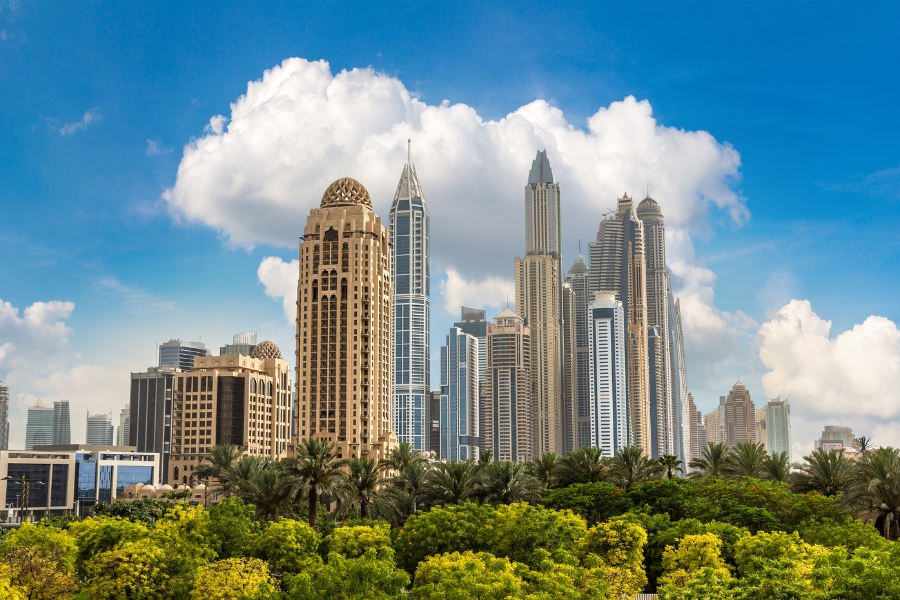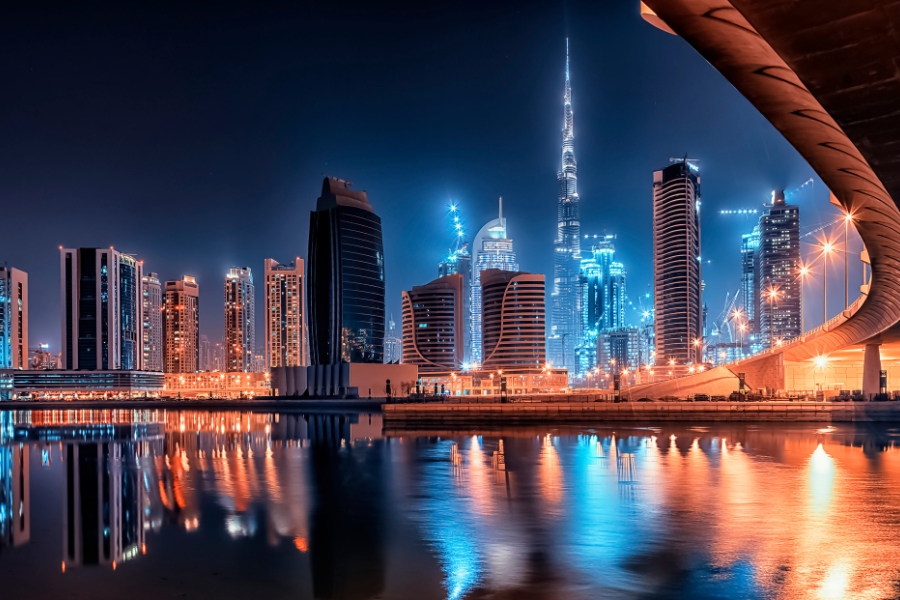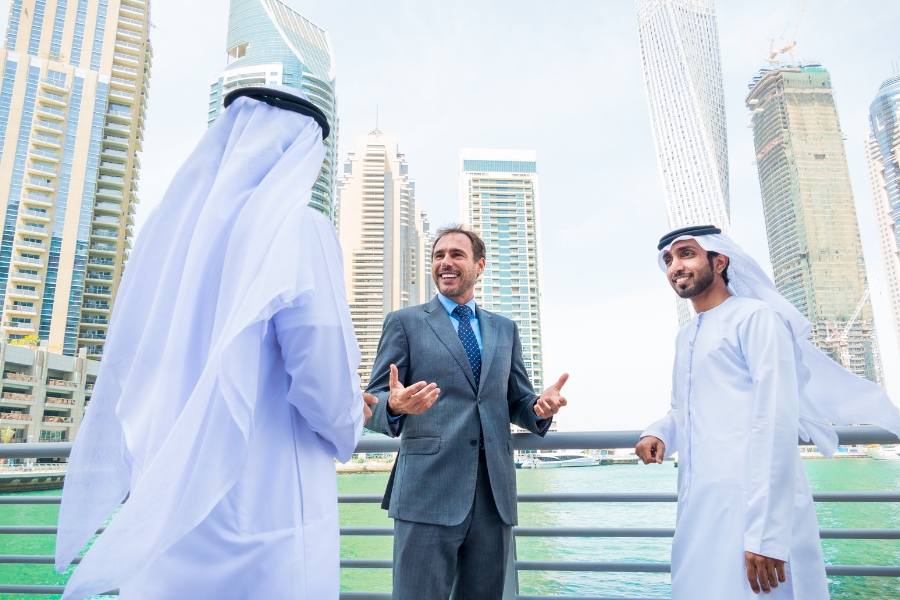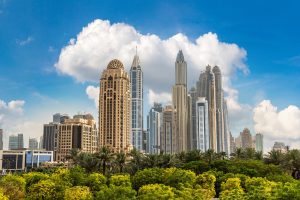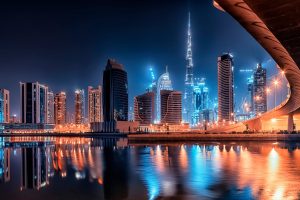Dubai’s property market has long captured the interest of global investors. Known for its futuristic architecture, strategic location, and tax-friendly environment, Dubai offers a dynamic and rapidly evolving real estate landscape. Whether you’re a seasoned investor or someone exploring international opportunities for the first time, Dubai’s real estate market offers both exciting potential and important considerations.
In recent years, Dubai has experienced strong property demand, increased foreign interest, and robust infrastructural growth. This makes it essential to understand what is driving this boom and how investors can navigate it with confidence.
Understanding Dubai’s Real Estate Landscape
Types of Properties in Dubai
Dubai offers a wide array of property types, including residential, commercial, and mixed-use developments. Residential properties range from high-rise apartments in bustling neighborhoods like Downtown Dubai and Dubai Marina to spacious villas in more serene communities such as Arabian Ranches and Emirates Hills.
Commercial properties include office spaces, retail units, and entire business complexes. Investors can also explore mixed-use developments, which combine residential, commercial, and entertainment elements within a single project, appealing to diverse buyer profiles. Property agents in Dubai play a key role in guiding investors toward these opportunities by offering expert insights and access to prime listings.
Freehold and Leasehold Areas
One of the key aspects for foreign investors to understand is the distinction between freehold and leasehold areas. Freehold areas allow foreign nationals to own property outright, while leasehold zones offer long-term leasing options, typically ranging from 10 to 99 years.
Popular freehold areas include Dubai Marina, Business Bay, Downtown Dubai, and Jumeirah Village Circle. Understanding these designations is crucial when choosing where to invest, especially for long-term ownership plans.
Legal Framework and Ownership Rights
Dubai has made significant strides in creating a transparent and investor-friendly legal environment. Foreign investors can buy property in designated areas without requiring local sponsors or partners. The Dubai Land Department (DLD) and Real Estate Regulatory Authority (RERA) oversee property transactions and market practices, ensuring accountability.
All property purchases must be registered with the DLD. Investors should also be aware of fees including the 4% registration fee, agency commission, and other administrative charges. Legal consultants or property agents in Dubai can guide you through the documentation and registration process.
Visa Opportunities for Property Owners
One of the major advantages of investing in Dubai property is the potential to secure residency. Depending on the property’s value, investors may qualify for a renewable residency visa. For instance, properties worth AED 2 million or more can make an investor eligible for a 10-year Golden Visa.
This residency incentive not only boosts investor confidence but also enhances Dubai’s appeal as a long-term living and business destination.
Importance of Location and Infrastructure
Prime Investment Areas
Location is a significant factor when investing in Dubai’s property market. Prime areas such as Downtown Dubai, Dubai Marina, Palm Jumeirah, and Business Bay continue to attract high investor interest due to their central location, established amenities, and rental potential.
Upcoming areas like Dubai South, MBR City, and Dubai Creek Harbour are also gaining traction. These regions benefit from major infrastructural projects and proximity to Expo 2020 legacy developments, making them promising for capital appreciation.
Accessibility and Transport Networks
Dubai’s advanced transportation network adds another layer of convenience and investment value. The city boasts a well-connected metro system, extensive road infrastructure, and two major international airports. Proximity to metro stations and key highways like Sheikh Zayed Road can significantly boost a property’s appeal.
Developments near transport hubs are particularly attractive to tenants, enhancing rental income prospects for investors.
Market Trends and Growth Drivers
Population Growth and Demand
Dubai’s population is steadily rising, fueled by a growing expatriate community and international workforce. This demographic shift drives demand for both rental and owner-occupied homes across the city.
The city’s favorable business environment also contributes to this demand. Multinational corporations, start-ups, and freelancers increasingly view Dubai as a regional base, boosting the need for residential and commercial properties.
Tourism and Short-Term Rentals
Dubai’s thriving tourism sector further influences property trends. With millions of visitors annually, short-term rentals have become a lucrative option for property investors. Platforms like Airbnb and Booking.com allow owners to generate attractive returns from holiday rentals.
Tourist-friendly locations such as Downtown Dubai, Palm Jumeirah, and Dubai Marina are particularly popular for this investment model. Dubai’s regulations also support short-term leasing, provided owners register with the Dubai Tourism and Commerce Marketing (DTCM). Many investors seek property for sale in Dubai in these areas due to their high rental yields and consistent tourist demand.
Benefits of Investing in Dubai Real Estate
High Rental Yields
One of the standout features of Dubai’s property market is its rental yield potential. Compared to global cities like New York, London, or Hong Kong, Dubai offers higher returns. Investors can expect gross rental yields ranging from 6% to 9%, depending on location and property type.
High yields, combined with tax advantages and flexible ownership options, make Dubai an appealing choice for income-seeking investors.
Tax-Free Environment
Dubai does not impose annual property taxes, capital gains tax, or income tax on rental income. This tax-free environment significantly enhances net returns, making it easier for investors to build long-term wealth through real estate.
Moreover, Dubai’s tax policies remain favorable even for international investors, with no restrictions on the repatriation of funds.
Risks and Considerations
Market Volatility
Despite its many advantages, Dubai’s property market is not immune to fluctuations. Like any real estate market, it experiences cycles of growth and correction. Investors should consider long-term horizons to weather short-term price volatility.
Researching market trends, economic indicators, and expert forecasts can help reduce the risks associated with cyclical movements.
Oversupply Concerns
Dubai has faced concerns about oversupply in the past. While authorities are taking steps to regulate new launches and control inventory, some segments of the market may still face pressure from excessive supply.
This could affect rental yields and capital appreciation in certain areas. Thorough due diligence and consultation with knowledgeable property agents in Dubai can help mitigate this risk.
Financing and Payment Plans
Dubai’s financial institutions offer a range of mortgage solutions for both residents and non-residents. Non-resident investors typically need a larger down payment, often around 50% of the property value, while residents may access up to 80% financing.
Interest rates, repayment terms, and eligibility criteria vary, so it is advisable to shop around or work with a mortgage broker to find the best option.
Developer Payment Plans
To make property purchases more accessible, many developers offer post-handover payment plans. These allow buyers to pay a portion of the property cost after taking possession, reducing upfront financial pressure.
Some developers also provide interest-free installments, further enhancing affordability and encouraging new entrants into the market.
Role of Property Agents and Consultants
Choosing the Right Agent
A knowledgeable property agent can be instrumental in navigating Dubai’s real estate landscape. From identifying suitable properties to negotiating deals and handling paperwork, agents play a key role throughout the investment process.
Look for agents registered with RERA to ensure professionalism and adherence to ethical standards. Experienced agents can also provide insights into market trends and emerging investment hotspots.
Value of Legal and Financial Advisors
In addition to property agents, engaging legal and financial advisors can further safeguard your investment. Legal experts help with title verification, contract review, and regulatory compliance. Financial advisors assist in planning mortgage payments, estimating returns, and managing taxes.
Combining these services ensures a well-rounded and informed investment approach.
Technology and Smart Living
PropTech and Digital Platforms
Technology has transformed how investors interact with Dubai’s property market. Online portals now offer virtual tours, AI-powered property recommendations, and instant transaction updates. These tools allow remote investors to explore opportunities without being physically present.
Blockchain technology is also making inroads, enabling transparent and secure property transactions. The Dubai Land Department continues to innovate with digital contracts and e-title deeds.
Rise of Smart Homes
Smart home features are becoming increasingly common in Dubai’s residential developments. Automation systems for lighting, climate control, and security enhance comfort and appeal, particularly to tech-savvy tenants and buyers.
Investors should consider properties with integrated smart features, as these often command higher rental rates and resale value.
Government Policies and Strategic Vision
Dubai’s government has introduced numerous reforms to attract and retain investors. Long-term residency visas, 100% foreign ownership in selected sectors, and green visas for remote workers are part of this progressive strategy.
These measures signal the city’s commitment to building a stable and inclusive investment environment.
Long-Term Urban Planning
Initiatives like the Dubai 2040 Urban Master Plan aim to create a more sustainable, people-centric city. This includes expanding green spaces, improving transportation, and developing integrated communities.
Such forward-thinking policies enhance the quality of life, making Dubai even more attractive to both residents and investors.
Sustainability and Future Prospects
Green Buildings and Eco-Friendly Trends
Environmental sustainability is becoming a priority in Dubai’s property market. Developers are increasingly focusing on green buildings that use energy-efficient materials and systems.
Sustainable projects not only benefit the environment but also appeal to a growing segment of eco-conscious investors and tenants.
Dubai’s Global Positioning
Dubai continues to position itself as a global investment hub. With strong connectivity, modern infrastructure, and a pro-business environment, the city remains a top choice for international property investors.
Looking ahead, demand is expected to remain strong, particularly in strategically located and well-planned developments.
Conclusion
Dubai’s property market offers a unique blend of high returns, strong legal protection, and world-class infrastructure. While there are risks to consider, the city’s consistent reforms, robust demand, and visionary planning provide a strong foundation for sustained growth.
For investors who do their homework and partner with reliable experts, Dubai represents a promising and rewarding real estate destination.









